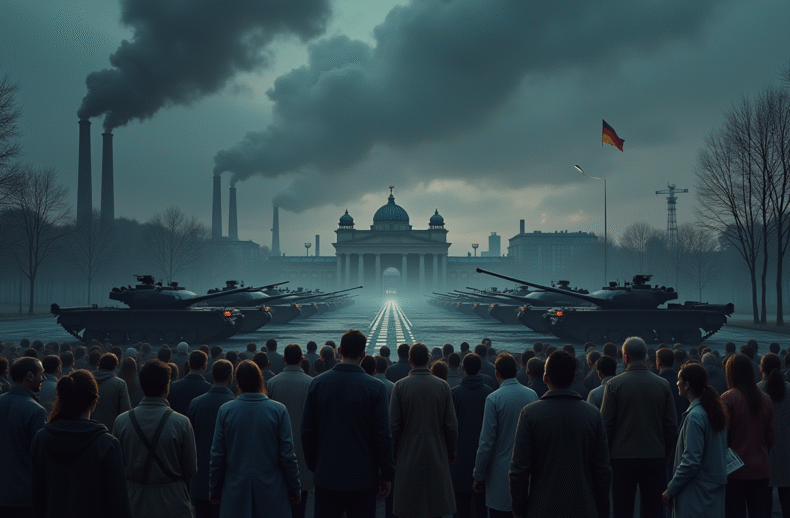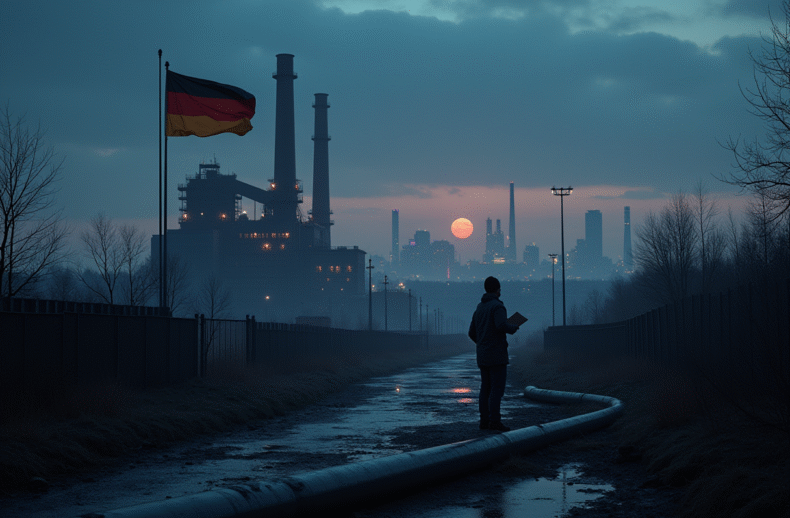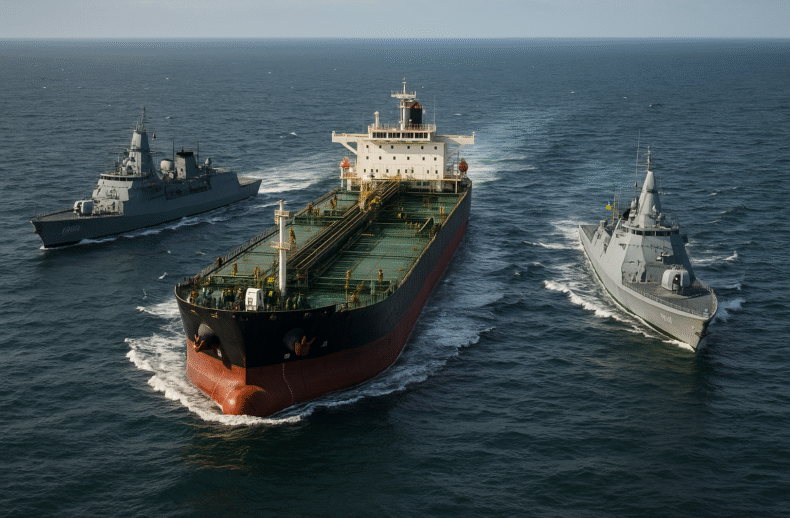Europe and Germany are entering a decisive decade where energy shocks, industrial decline, and rising NATO defence commitments collide. The EU’s post-2022 pivot away from Russian gas has left industry exposed to higher energy costs, while Germany’s industrial backbone faces relocation and retrenchment. At the same time, NATO’s new 5% of GDP spending pledge forces unprecedented fiscal choices that risk crowding out pensions, healthcare, and social stability. Whether Europe strengthens its competitiveness and integrates defence spending efficiently—or slides into deindustrialization and political unrest—will define its role in the global order to 2045.




